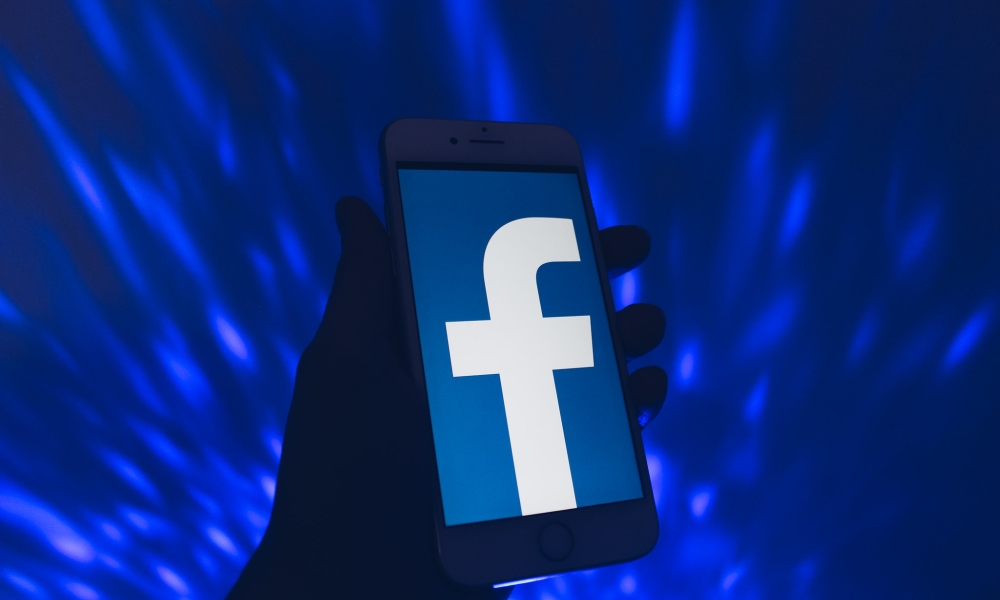This study looks at the role social networks and advertising plays on social networks in the dissemination of false news stories about childhood vaccines. It documents that anti-vaccine groups on Facebook spread false stories beyond the groups and also serve as "echo" chambers. The study also finds that after the Facebook ban on advertising by fake news sites, the sharing of fake news articles fell by 75% on Facebook as compared to Twitter.
Highlights:
- The study focuses on child vaccination because of the significant confusion and misleading information on the Internet about the adverse effects on vaccinations on children. Vaccines are an important health concern as children who are not vaccinated present more problems to those who are not vaccinated within the community.
- The study in exploring the role of Facebook in spreading misinformation about child vaccinations found that anti-vaccine Facebook groups served as an alternative channel of information for users' both as an "echo" chamber and as means of disseminating false information.
- The paper also finds that Facebook's ban on false advertising has been particularly effective. These results are based off a comparison between the number of shares of fake news on Facebook before and after the ban as compared to Twitter. The study states that there has been a 75% drop in Facebook shares compared to Twitter post the ban on false advertising.

